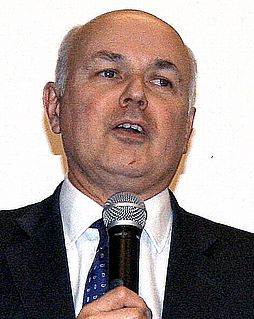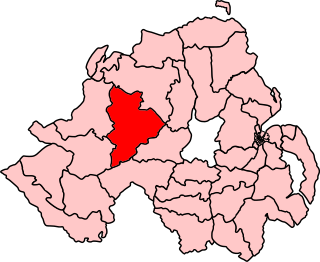A general election is an election in which all or most members of a given political body are chosen. These are usually held for a nation's primary legislative body, as distinguished from by-elections and local elections.

Local elections took place in various parts of the United Kingdom on 1 May 2003, the same day as the Scottish Parliamentary and the Welsh Assembly elections. There were local elections for all councils in Scotland and in most of England. There were no elections in Wales, Northern Ireland or London.

The Supreme People's Assembly is the unicameral legislature of the Democratic People's Republic of Korea (DPRK), commonly known as North Korea. It consists of one deputy from each of the DPRK's 687 constituencies, elected to five-year terms.
The Autonomist Liberal Party, renamed usually semplified in Liberal Party in 1898, was one of major parties from 1910 until the Cuban Revolution the late 1950s, when it was exiled.

Elections in Azerbaijan gives information on election and election results in Azerbaijan.
Vanni Electoral District is one of the 22 multi-member electoral districts of Sri Lanka created by the 1978 Constitution of Sri Lanka. The district covers the administrative districts of Mannar, Mullaitivu and Vavuniya in the Northern province. The district currently elects 6 of the 225 members of the Sri Lankan Parliament and had 253,058 registered electors in 2014.

An indirect presidential election was held in Cuba on 24 February 2008, in which the National Assembly of People's Power elected a new President of Cuba and the members of the Council of State. The election followed the January 2008 parliamentary election. In the election, Raúl Castro, who had been Acting President since July 2006, was elected as President, succeeding his older brother, Fidel Castro.

Parliamentary elections were held in North Korea on 22 April 1990. 687 deputies were elected to the ninth Supreme People's Assembly. The first session was on May 24–26, 1990. Of the 687 deputies, workers accounted for 37 percent, farmers 10.4 percent, and women 20.1 percent. The Korean Social Democratic Party held 7.4 percent and the Chondoist Chongu Party held 3.2 percent of the seats, with the two parties together holding 10.6 percent of the seats. The Workers' Party of Korea retained 83 percent of seats. Among the 687 seats which constitute the SPA at that time, 601 seats were allocated to the Workers' Party of Korea, 51 seats were allocated to the Korean Social Democratic Party representing 7.4 percent of the whole, 22 seats were allocated to the Chondoist Chongu Party representing 3.2 percent of them and the "independent" deputies were given 13 seats . Deputies whose ages were below 35 represented a rate of 2.9 percent. Those who were between 36 and 55 represented a rate of 56.8 percent, and those who were over 55 represented a rate of 40.3 percent. Among those elected were Kim Il-sung and Kim Jong-il.

Mid Tyrone was a constituency of the Parliament of Northern Ireland.

Mid-term parliamentary elections were held in Cuba on 28 February 1904 in order to fill half the seats in the House of Representatives. The Conservative Republican Party won the most seats.

Parliamentary elections were held in Cuba on 15 March 1942. The Liberal Party and the Democratic Party both won 21 seats in the House of Representatives.

Parliamentary elections were held in Cuba on 1 June 1946. The Partido Auténtico emerged as the largest party, with 30 of the 66 seats in the House of Representatives.

Parliamentary elections were held in Cuba on 1 June 1950. The Partido Auténtico-Democratic Party-Liberal Party alliance won 42 of the 66 seats. It was the last free election held in Cuba on a national level.
Indirect parliamentary elections were held in Cuba on 2 November 1976, the first since the Cuban Revolution.
Indirect parliamentary elections were held in Cuba on 28 December 1981.
Indirect parliamentary elections were held in Cuba on 27 November 1986.
Parliamentary elections were held in Cuba on 24 February 1993 alongside elections to the fourteen Provincial Assemblies. Following the implementation of a new electoral law in 1992, voters now elected the National Assembly directly.

Parliamentary elections were held in Cuba on 11 March 2018 to elect members of the National Assembly of People's Power, alongside provincial elections. Prior to the elections, President Raúl Castro declared he would not be seeking a new term, and a new President of the Council of State will be elected by the National Assembly. His deputy, Miguel Díaz-Canel, was subsequently elected as the new president. However, Castro remained the First Secretary of the Communist Party of Cuba, the most senior position in the country.

Parliamentary elections are scheduled to be held in Cuba in 2023 to elect members of the National Assembly of People's Power. They will be the first elections since 1976 that neither Fidel or Raúl Castro are involved.






